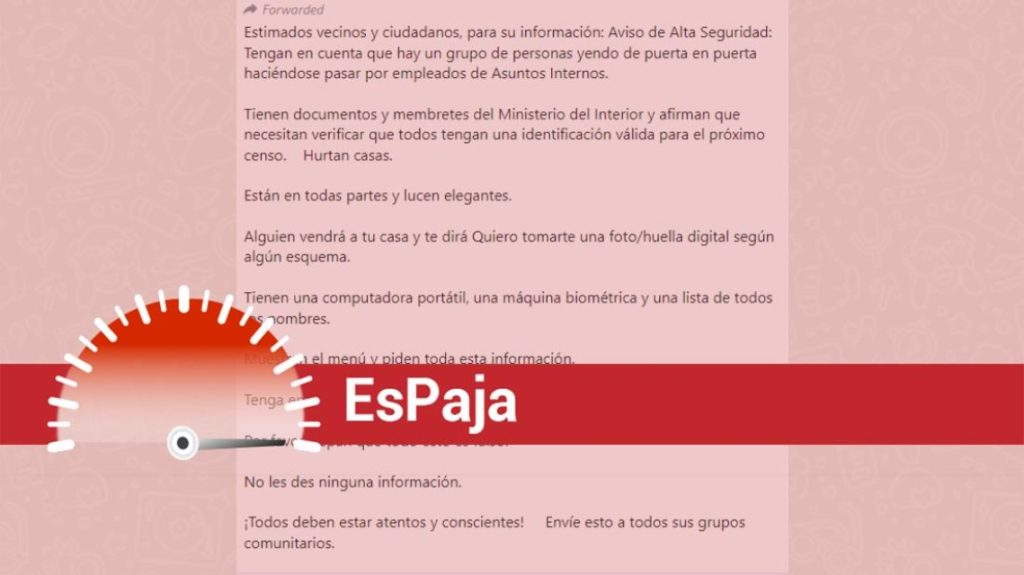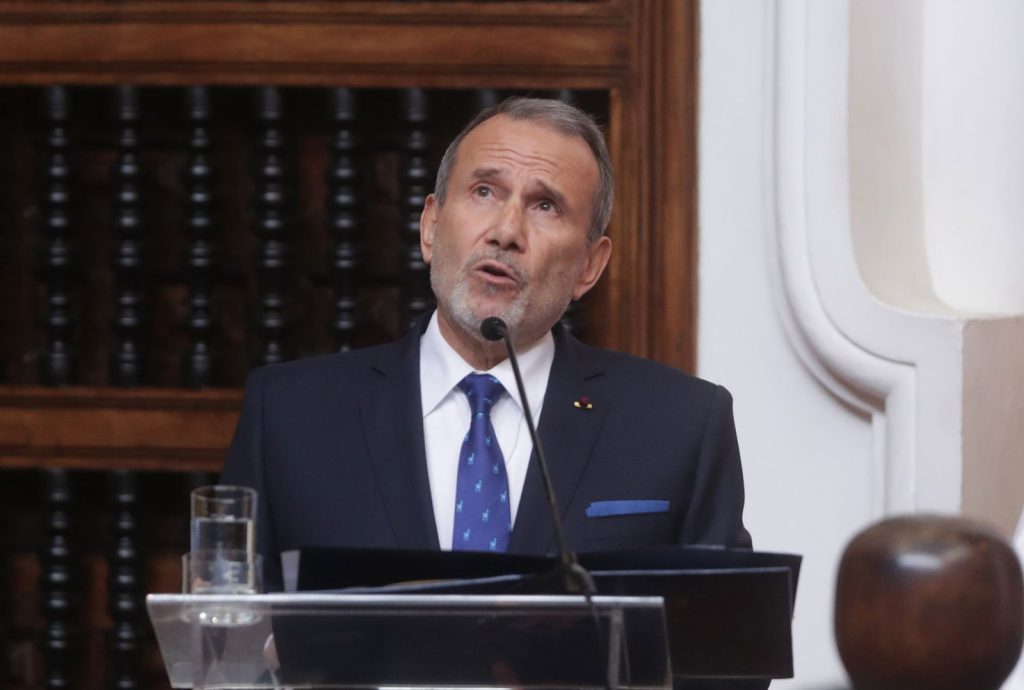Can the Dominican Republic produce more food to satisfy the local market, supply the demand tourism and increase its exports? This is the question that brought executives, politicians and economists within the framework of XXVI National Meeting of Leaders of the Agricultural Sector.
In unanimous agreement, experts say that it is possible, but not without first improving the management of the institutions linked to the sector through a reformincrease the productivityintroduce technologies that increase competitiveness and increase investment.
Recommendations international
The country urgently needs to adopt agricultural practices that preserve its most important asset: natural resources.
Four representatives of organizations international They warned yesterday that the climate change threatens to jeopardize the food security of the country in the future, if the water and soil, which are increasingly eroded and diminished, are not protected.
“By 2050, the impact of the climate change reduce crop yields by 30% and reduce the productivity “due to higher temperatures,” said the World Bank representative for the country, Alexandria Valerio, who insisted on the need to promote the conservation and sustainability of water as the main resource.
To this, he added that already the farmers They face challenges daily, such as limited infrastructure, increased exposure and vulnerability to natural disasters, and restricted access to markets for small producers.
“We must adapt the production for the purposes of climate change. And the bad news is that this is not over. The only certainty we have is that it will intensify,” said the representative of the Food and Agriculture Organization of the United Nations (FAO), Rodrigo Castañeda.
Added to all this is the need to raise the productivity.
“The increase in the demand (of food) has been covered, to a large extent, by an increase in the cultivated area, and not so much by an increase in the productivity“, observed, for his part, the representative of the Inter-American Development Bank (IDB) in the country, Guilles Damaris, who considers that this is one of the issues that must be addressed through a “deep institutional restructuring.”
According to the Director of Technical Cooperation of the Inter-American Institute for Cooperation on Agriculture (IICA), Muhammad Ibraham, part of the solution to these problems lies in the incorporation of new technologiesboth through genetically improved crops and through mechanization agricultural work, an aspect that was supported by their counterparts.
Reform to the sector
Meanwhile, economists and politicians stressed the need for a reform. The former president Hipolito Mejia He acknowledged that he was unable to implement significant changes in the management while he was head of state, from 2000 to 2004.
“As a result of this experience, we have discussed with ministers and officials the need to update (the sector),” he said, inviting the farmers to demand these reforms and implement the recommendations of the agencies international.
In the economic sphere, the current situation of revision of reforms poses to be “a historic moment” for producers to request the execution of structural changes in its sector, according to economist Henry Hebrard, who proposed aggressive investment in infrastructure and new products that make financing cheaper for the farmers.
Agriculture Minister Limber Cruz reported on Wednesday that he submitted to the Executive Branch a proposal for a reform of the agricultural sector that would improve health controls, promote rural development, extend the registration of producers, increase access to credit with greater financing and promote technical training in the Dominican Republic.

















